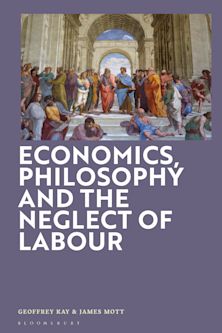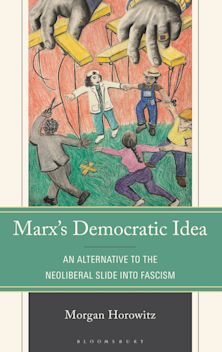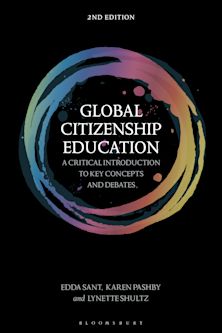- Home
- ACADEMIC
- Philosophy
- Social and Political Philosophy
- Piety and Humanity
Piety and Humanity
Essays on Religion in Early Modern Political Philosophy
Piety and Humanity
Essays on Religion in Early Modern Political Philosophy
For information on how we process your data, read our Privacy Policy
Thank you. We will email you when this book is available to order
You must sign in to add this item to your wishlist. Please sign in or create an account
Description
The nature of the relationship between early modern political philosophy and revealed religion has been much debated. The contributors to Piety and Humanity argue that this relationship is one of dissonance rather than concord. They claim that the early modern political philosophers found revealed religion-especially Christianity-to be a threat to the modern political project, and that these philosophers therefore attempted to transform revealed religion so that it would be less of a threat, and possibly even an aid. Each essay is devoted to a particular work by a single political philosopher; the thinkers and works discussed include Machiavelli's Exhortation to Penitence, Francis Bacon's New Atlantis, Spinoza's Theologico-Political Treatise, and Locke's Reasonableness of Christianity. Each essay is followed by a brief selected bibliography. This book will be of great importance to philosophers, political theorists, and scholars of religion and early modern European history.
Product details
| Published | 01 Jan 2000 |
|---|---|
| Format | Ebook (Epub & Mobi) |
| Edition | 1st |
| Extent | 320 |
| ISBN | 9780585114057 |
| Imprint | Rowman & Littlefield |
| Publisher | Bloomsbury Publishing |
About the contributors
Reviews
-
A provocative introduction for a clearer understanding of what was involved in making Christianity politically friendly. The contributors have unearthed important philosophical and political assumptions of nascent modernity that help explain what was lost and what was gained in the radical transformation of Christianity. This is an important contribution to understanding present day culture wars.
Bruce A. Little, Piedmont Baptist College, Ehtics and Medicine
-
This excellent book is a most impressive and thorough defense of the relationship between "early modern political philosophy" and "the theologico-political problem" first put forward by Leo Strauss.
Peter Augustine Lawler, Berry College, American Political Science Review
-
. . . striking . . .
Ian Harris, University of Leicester, Political Studies Review



































